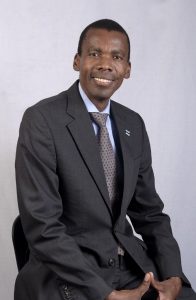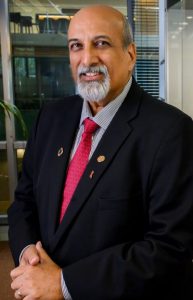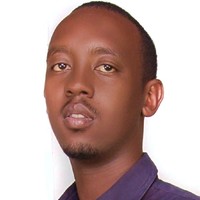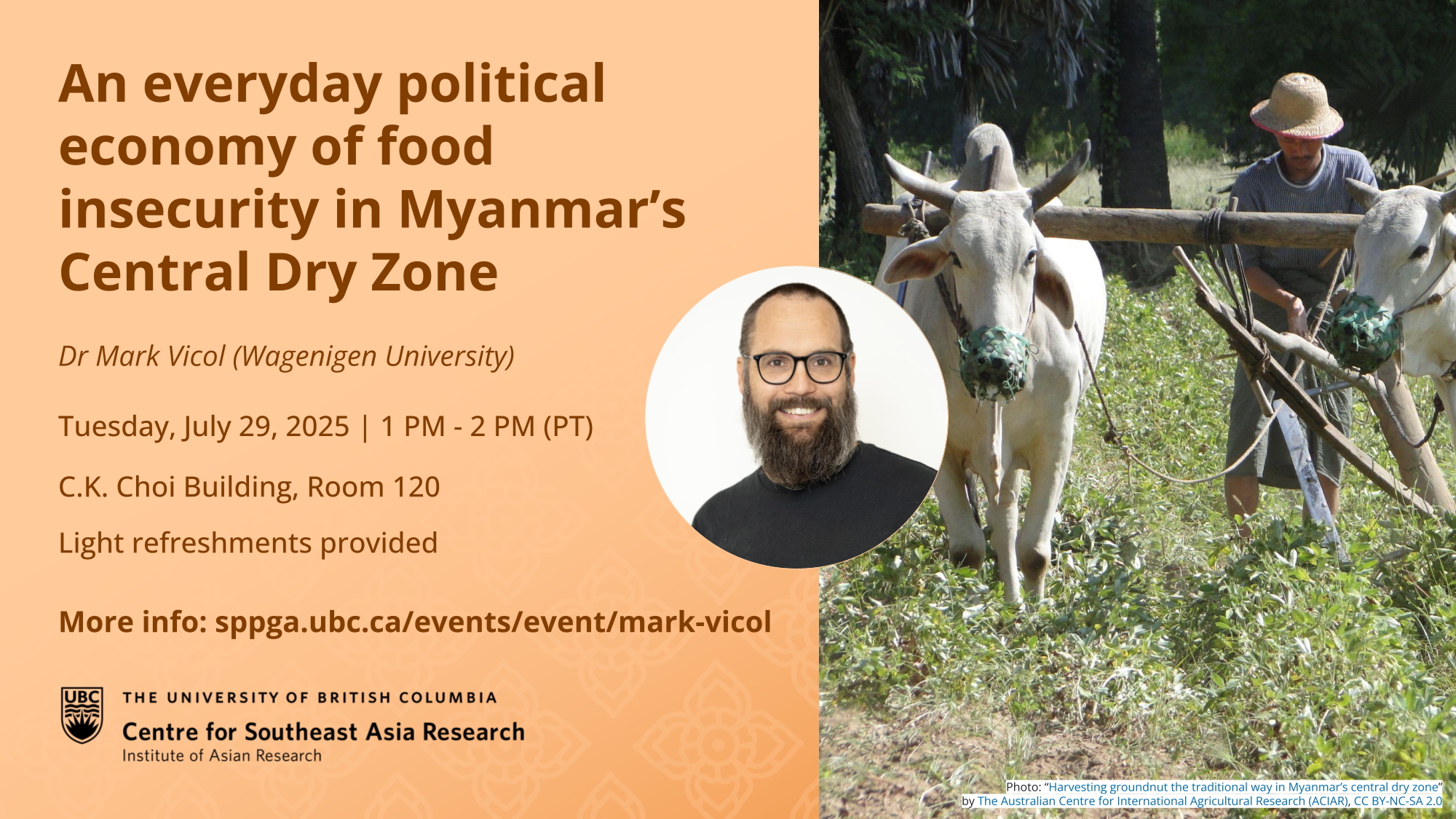This webinar series, hosted by the Liu Institute Network for Africa, highlights African responses to COVID-19 across different sectors. In this session, we aim to highlight the resilience of Africa’s health care systems and ways in which other pandemics have prepared many African nations for effective management of the COVID-19 pandemic.
We will hear from high-level leaders from various nations and regions in the continent to learn more about the current state of health status and health care systems in Africa.
Finally, we will explore new and emerging lessons and opportunities for the future.
Learn more on the LINA website
Watch the webinar recording below:
Opening remarks by Professor Santa Ono, 15th President and Vice-Chancellor, UBC
Speakers


Dr. Matshidiso Moeti, from Botswana, is the first woman to be elected as WHO Regional Director for Africa. Over the past five years, Dr Moeti has led the transformation of WHO in Africa to ensure the Organization is accountable, effective and driven by results. A key feature of the Regional Director’s leadership is the cultivation of strong partnerships, both with traditional and new partners, including philanthropic foundations, civil society, academia, and increasing engagement with young people and women in global health.
Dr. Moeti is a public health veteran, with almost 40 years of national and international experience. She joined the WHO Regional Office for Africa in 1999 and has served as Deputy Regional Director, Assistant Regional Director, Director of Noncommunicable Diseases, WHO Representative for Malawi, Coordinator of the Inter-Country Support Team for the South and East African countries and Regional Advisor for HIV/AIDS.
Dr. Moeti is renowned for having led WHO’s “3 by 5” Initiative in Africa at the height of the HIV/AIDS epidemic, resulting in a significant increase in access to antiretroviral therapy among people living with HIV.
Prior to joining WHO, Dr. Moeti worked with the Joint United Nations Programme on HIV/AIDS (UNAIDS) as Team Leader of the Africa and Middle East Desk in Geneva (1997–1999); with the United Nations Children’s Fund (UNICEF) as Regional Health Advisor for East and Southern Africa; and with Botswana’s Ministry of Health as a clinician and public health specialist.


Hon. Dr. Lemogang Kwape, who is area Member of Parliament for Kanye South constituency in the Southern part of Botswana was appointed the Minister of Health and Wellness, Botswana on November 6th 2019.
Dr. Kwape holds a PhD in Epidemiology from University of Aberdeen, Scotland; a Master’s Degree in Public Health & Epidemiology from Wageningen University, Netherlands; and a Bachelor’s Degree in Dietetics from Texas Southern University, USA.
Dr. Kwape’s strong technical background includes over two decades of work as a Registered Dietitian with Botswana Health Professions Council, having worked in public, private and Non Governmental Organisation spheres. His roles and various duties in these portfolios earned him diverse professional experience as they accorded him opportunities to function in the areas of policy, public administration, management, strategic networking, cultural sensitivity, gender & diversity and economic development.
An administrator of note, Honourable Minister Dr. Kwape worked as the Head of Nutrition and Dietetics at the National Food Technology Research Centre (NFTRC) Botswana, where he spent 19 years of his career. He is a strategic thinker who rises to the challenge and identifies problems, and proposes innovative and realistic solutions when called upon to do so.
Due to his professionalism and effectiveness Honourable Minister Dr. Kwape served in various social leadership roles and high level decision making Boards which include, and serving as:
-
Botswana Innovation Hub (BIH) Board, as a member
-
Botswana VISION 2036 Council, as a member
-
National Food Technology Research Centre (NFTRC) Board, as member
-
Chairperson of the National Food Technology Research Centre (NFTRC) Corruption Prevention Committee.


Professor Salim S. Abdool Karim, FRS, is a South African clinical infectious diseases epidemiologist widely recognized for scientific contributions to HIV prevention and treatment. He is Director of the Centre for the AIDS Programme of Research in South Africa (CAPRISA), Durban, and CAPRISA Professor of Global Health at Columbia University, New York.
He is an Adjunct Professor of Immunology and Infectious Diseases at Harvard University, Boston, Adjunct Professor of Medicine at Cornell University, New York, and Pro Vice-Chancellor (Research) at the University of KwaZulu-Natal, Durban. He is an Associate Member of The Ragon Institute of Massachusetts General Hospital (MGH), Massachusetts Institute of Technology (MIT) and Harvard University. He previously served as President of the South African Medical Research Council and is currently serving as the Chair of the South African Ministerial Advisory Committee on COVID-19 and as a Member of the Africa Task Force for Coronavirus and the Lancet Commission on COVID-19.
Dr. Abdool Karim is ranked among the world’s most highly cited scientists by Web of Science. He serves on the Boards of several journals, including the New England Journal of Medicine, Lancet Global Health, Lancet HIV and mBio. He is the Chair of the UNAIDS Scientific Expert Panel, WHO’s HIV Strategic and Technical Advisory Committee as well as the WHO TB-HIV Task Force. He is a member of the Scientific Advisory Board for Global Health at the Bill and Melinda Gates Foundation.
His many awards include the African Union’s “Kwame Nkrumah Award” which is Africa’s most prestigious scientific award, the Kuwait Al-Sumait Award, the Canadian Gairdner Global Health Award and pinnacle awards from the African Academy of Sciences, Academy of Science in South Africa, Royal Society of South Africa and the South African Medical Research Council. He is member of the US National Academy of Medicine, the American Academy of Microbiology and the Association of American Physicians.
He is a Fellow of the Royal Society (FRS).


Dr. Thierry Nyatanyi is a physician by training and global health specialist. Previously, Nyatanyi worked with the Ministry of Health in Rwanda, and with the University of Minnesota in the United States. In Rwanda, he served as the director of the epidemiology department, and head of division for epidemic surveillance and response at the Ministry of Health. In that capacity, he was responsible for developing, implementing, monitoring and evaluating programs meant to prevent, and rapidly respond to epidemic prone diseases threats. In the United States, he has worked with the University of Minnesota as the regional technical lead for Africa, under the USAID funded One Health Workforce Project that supported higher institutions of learning (public health and veterinary medicine) to develop of a public health workforce with the technical skills and cross-sectoral capacity to readily adapt and respond to emerging infectious disease threats in eight African countries. He has also worked as an international consultant with the UN Food and Agriculture Organization (FAO), to assess One Health operationalization gaps in the Africa region. Currently, he serves as the senior advisor on COVID-19 response with the Africa CDC, supporting the Ministry of Health in Rwanda. He is fluent in English and French. He received an MD/M.P.H from the University of Rwanda, and a MMSc-GHD from Harvard Medical School.
Moderator


Dr. Farah Shroff is a public health researcher and educator and faculty member at the University of British Columbia’s Faculty of Medicine. Born in Kenya, she has worked in various African nations on projects related to women’s health, training of village health workers, participatory action research, traditional medicine, HIV and more. Farah is the founder and lead of Maternal and Infant Health Canada.

